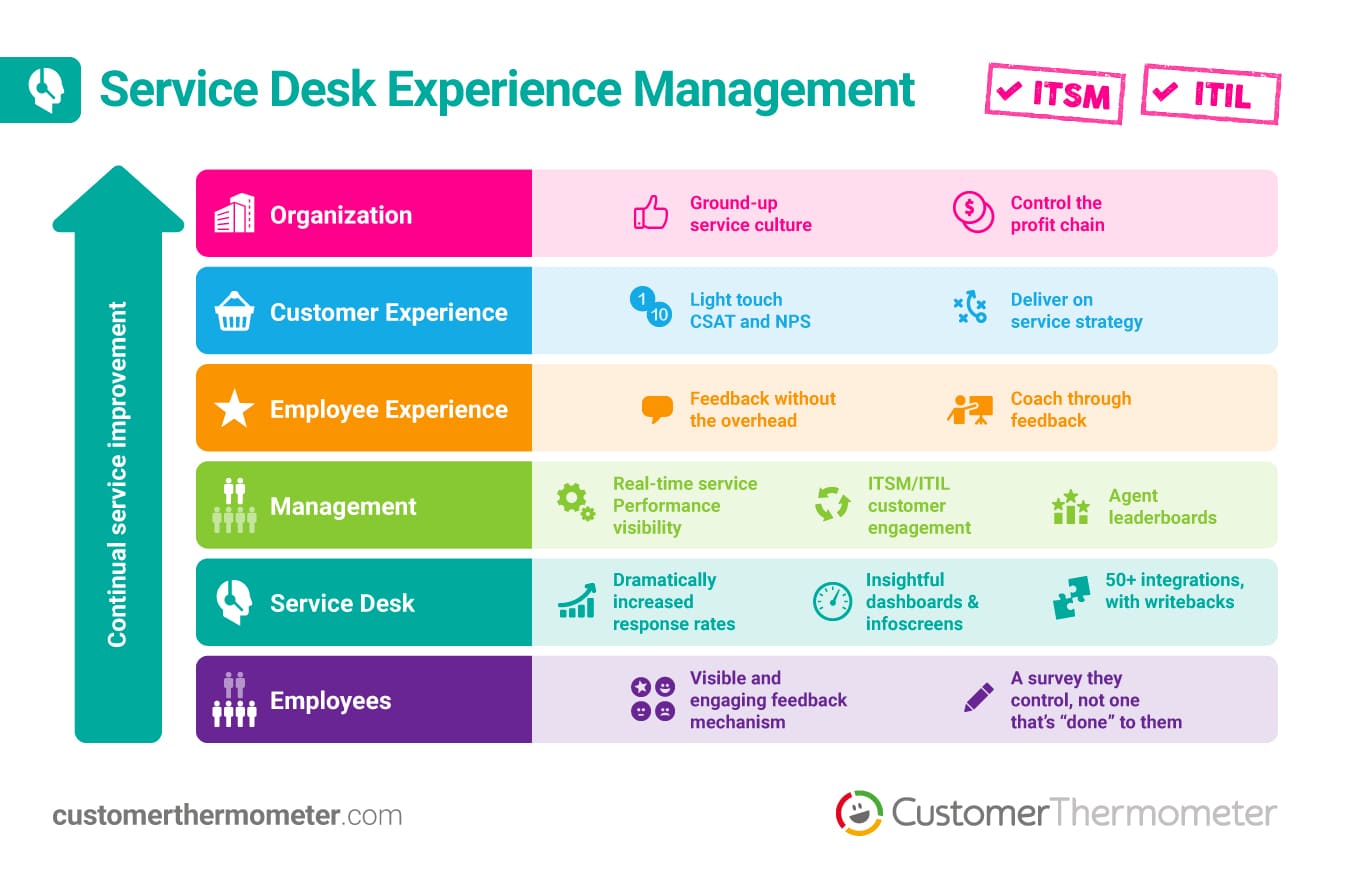Understanding Legal and Compliance Aspects in Your Outsourcing Journey
페이지 정보
작성자 Karen 작성일25-04-16 12:25 조회3회관련링크
본문

This post is a submission by Managed Services Partners. Managed Services Partners is an outsourcing agency with over 6 years of experience assisting companies improve operations and drive growth.

Starting the contracting out journey is an undertaking that lots of organizations carry out to improve efficiencies, decrease costs, and take advantage of specialized skill.

However, along with these prospective benefits come a host of legal and compliance intricacies that need to be thoroughly browsed to make sure the success and sustainability of contracting out efforts.
This extensive guide will check out crucial legal and compliance factors to consider, with a focus on information privacy laws, non-disclosure contracts (NDAs), non-compete provisions, and the crucial role of adaptability in today's vibrant service environment.
The contracting out landscape
Outsourcing is more than a strategy for unloading non-core tasks; it is a transformative method that can improve a business's versatility and competitiveness.
Whether it's IT services, customer support, producing procedures, or personnels, contracting out can use a considerable edge. Companies that successfully contract out can concentrate on core organization operations, drive innovation, and access leading skill without the overhead expenses of full-time work.
However, this journey is not without its legal and compliance challenges. Companies need to be conscious of the complexities surrounding the transfer and management of data, the security of copyright (IP), and the upkeep of regulative compliance.
Given the international nature of outsourcing, companies need to also think about cross-border legal ramifications, which may differ significantly depending on the country where the outsourcing supplier operates.
Understanding these elements is essential in making sure that outsourcing partnerships line up with a business's strategic objectives while reducing prospective legal dangers.
Oftentimes, organizations that disregard legal and compliance factors to consider deal with costly disputes, loss of delicate information, or reputational damage that can take years to recuperate from.
Importance of legal factors to consider
Outsourcing naturally involves legal considerations that are necessary to securing a business's interests. At the leading edge is the requirement to secure sensitive details. Companies need to comprehend and abide by data personal privacy laws that govern the jurisdictions in which they operate.
This is particularly crucial as data breaches can result in severe financial penalties and reputational damage.
Furthermore, copyright rights need to be clearly defined in outsourcing contracts to avoid unauthorized use or misappropriation of exclusive properties. If these rights are not appropriately established, an organization might lose control over critical innovations or personal organization procedures.
For organizations operating in extremely controlled industries such as health care, financing, or legal services, compliance requirements are a lot more stringent.
Abiding by regulations such as the General Data Protection Regulation (GDPR) in Europe or the Health Insurance Portability and Accountability Act (HIPAA) in the United States is important to preventing legal issues.
Non-Disclosure Agreements (NDAs) and non-compete stipulations
When outsourcing, companies regularly share exclusive info with external company.
To safeguard this important information, NDAs are used. These arrangements are created to prevent the unauthorized dissemination of secret information, therefore protecting the business's competitive benefit.
NDAs need to be detailed and legally binding, plainly describing what makes up private info and the commitments of both celebrations in dealing with delicate information. Businesses need to also guarantee that their NDAs consist of provisions for legal option in case of breaches.
Similarly, non-compete stipulations can be included to prevent provider from making use of sensitive knowledge gotten during the contracting out partnership to benefit a competitor. This is specifically essential when outsourcing freelancers or firms that might have several clients in the exact same industry.
However, the enforceability of non-compete stipulations can vary substantially depending on the jurisdiction. Some areas have rigorous guidelines restricting the scope and period of such stipulations.
Therefore, it's essential for companies to speak with legal specialists with experience in the relevant legal frameworks to draft reliable contracts.
Contracts: Setting the structure
Contracts act as the plan for the contracting out partnership, defining roles, obligations, deliverables, and timelines. They also lay out the legal and compliance expectations for both celebrations.
A well-structured contract needs to deal with a number of crucial elements:
Scope of work: Clear and comprehensive descriptions of the services to be offered, including quality requirements and performance metrics.
Data security: Specific stipulations connected to information security, data transfer treatments, and breach notification protocols to guarantee adherence to privacy laws.
Copyright rights: Provisions that develop ownership of IP produced throughout the partnership, and terms that secure pre-existing IP.
Termination stipulations: Terms that deal with the possible end of the outsourcing relationship, consisting of notification durations and conditions under which termination can occur without penalty.
Additionally, businesses ought to think about executing service-level agreements (SLAs) to ensure responsibility and efficiency tracking. SLAs define measurable standards that the outsourcing supplier need to fulfill, providing services with recourse if expectations are not satisfied.
Engaging with service suppliers
Consulting with prospective provider throughout the early stages of the outsourcing journey is a strategic relocation. This engagement allows business to determine the service provider's capability to meet legal and compliance requirements.
Thorough vetting processes, such as asking for recommendations, examining past tasks, and evaluating compliance certifications, can supply valuable insights into the service provider's dependability and adherence to market requirements.
Businesses must likewise evaluate the financial stability of possible outsourcing partners.
A company that faces financial obstacles may not be able to keep operations long-lasting, posing a danger to continuous projects. Conducting due diligence ahead of time can prevent future disruptions.
The role of flexibility in legal and compliance techniques
Adaptability is a vital part of successful outsourcing, especially when it concerns navigating progressing legal landscapes. Regulations and market conditions can alter rapidly, making it crucial for business to remain nimble.
Building flexibility into contracts and establishing processes for continuous compliance tracking can assist companies adapt to brand-new legal requirements and keep a competitive edge.
For example, if a company is contracting out consumer assistance operations to numerous countries, they must ensure compliance with various nationwide laws concerning customer defense and data privacy.
Regularly upgrading policies and agreements in action to legislative modifications can prevent legal pitfalls.
Real-world factors to consider and finest practices
To ensure legal and compliance success in outsourcing, businesses should embrace the following best practices:

Regular audits and evaluations
Conduct and evaluations to make sure that service providers remain compliant with legal and regulatory requirements. This proactive approach can help identify possible gaps before they escalate into significant issues.
Training and awareness
Educate staff members and outsourced teams on information protection practices and legal commitments. This guarantees that everybody included in the contracting out journey understands the value of compliance and the function they play in securing details.
Collaboration and communication
Foster a collective relationship with company. Open lines of interaction can help deal with compliance issues immediately and facilitate joint analytical efforts.
Crisis management planning
Have contingency plans in place in case of security breaches, agreement disagreements, or service provider failures. A well-structured crisis management plan guarantees that businesses can quickly respond to difficulties without substantial disturbances.
Legal compliance for outsourcing success

Understanding the legal and compliance elements of outsourcing is necessary for organizations seeking to utilize external abilities while protecting their interests. By concentrating on key locations such as data privacy, NDAs, non-compete clauses, intellectual property rights, and flexibility, companies can successfully browse the outsourcing landscape.
Successful outsourcing depend upon a collective technique between the business and its provider. Building trust and maintaining transparent communication can lead to effective problem-solving and a shared dedication to compliance.
댓글목록
등록된 댓글이 없습니다.







